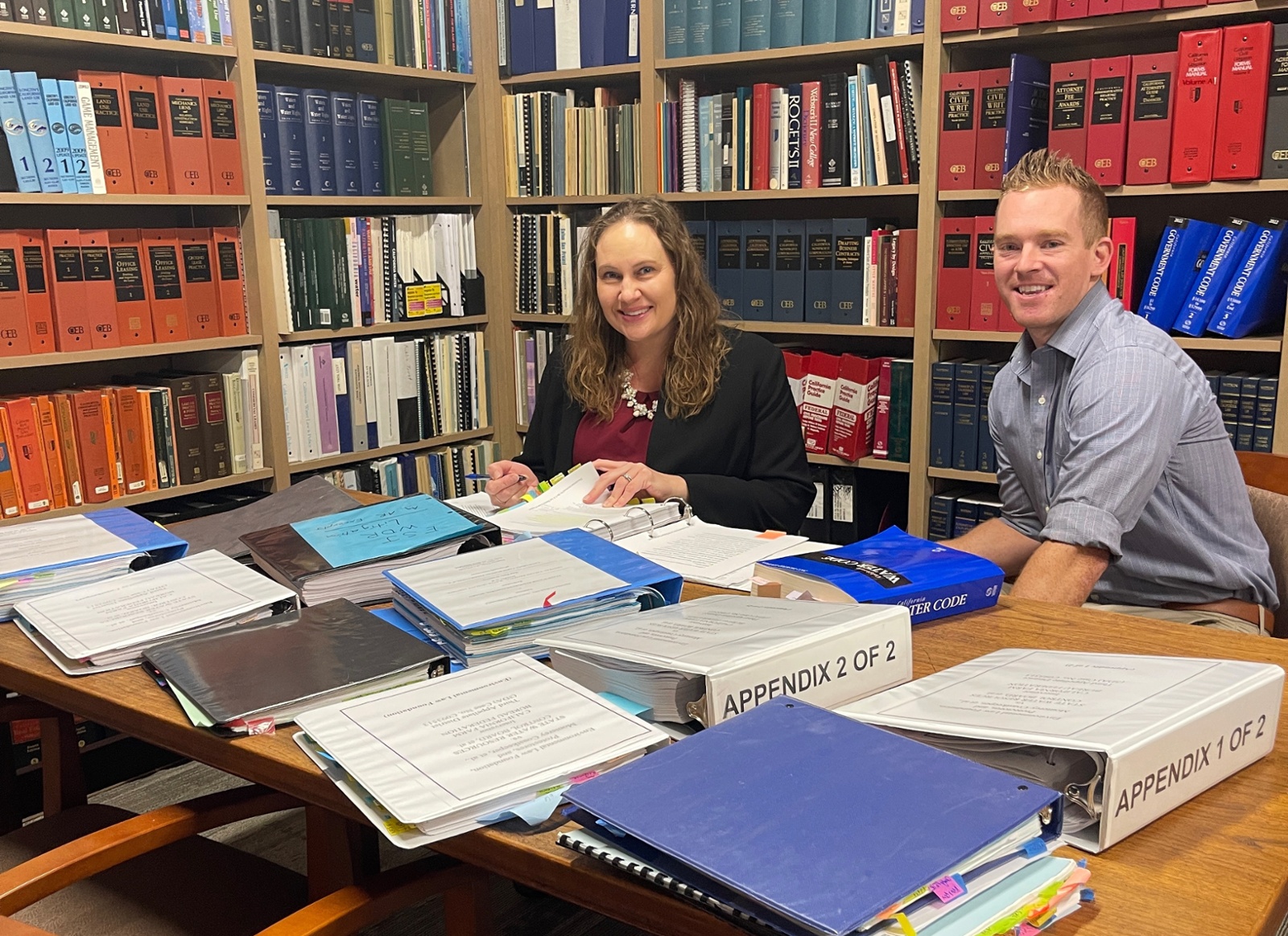California farmers win landmark water quality cases

A Sacramento appeals court sided with California farmers last week on three cases related to water quality regulations, which environmental groups had challenged for years. On March 17, the Third District Court of Appeal decided the cases in favor of the California State Water Resources Control Board, the California Farm Bureau and others who sought to maintain a water quality regulatory program in the Eastern San Joaquin watershed.
“The Court of Appeal’s landmark decision supports reasonableness and balancing in protecting water quality, while also maintaining our food supply and the economic viability of agriculture,” said California Farm Bureau President Jamie Johansson.
The cases, which all pertained to the Central Valley’s Irrigated Lands Regulatory Program, centered around regulations meant to ensure runoff from irrigated agriculture does not contaminate water supplies used by people or aquatic life. While they specifically apply to the Central Valley, “The court’s decision is precedential and applies to irrigated lands regulatory programs throughout the state,” Johansson said.
The appeals court decision marks the end of a decade-long dispute. In 2012, the Central Valley water board introduced a regulatory program that expanded water monitoring from surface water to groundwater. “This was a fundamental shift,” said Kari Fisher, senior counsel for the California Farm Bureau. The program strengthened water quality regulations, but environmental groups argued they did not go far enough. “They were asking for a lot more requirements and stricter requirements,” she said.
The groups’ petitions were referred to the state water board, which made various compromises and published a revised regulatory program in 2018. At that point, environmental groups sued to block aspects of the program, and the California Farm Bureau and other agricultural groups filed motions to intervene in the lawsuits.
In one case, the environmental groups sued to invalidate a provision of the regulatory program that allows agricultural coalitions to submit data such as crop yield and applied nitrogen without divulging the names of individual growers to the Central Valley water board.
The groups also challenged the adequacy of the water board’s water representative quality monitoring programs and demanded stricter and more expensive monitoring practices. “They wanted individual field level monitoring, which is extremely costly, instead of a representative monitoring program where samples are taken at representative sites in the watershed rather than on each individual field level,” Fisher said.
For hearing purposes, the cases were consolidated. In 2020, a Superior Court sided with the state water board, the Farm Bureau and other farm groups on all three cases. This month, the appeals court upheld those rulings in a decision that will serve as precedent throughout the state.
“Regulating waste discharges from irrigated agriculture involves an unusually complex set of policy judgments and trade-offs,” the court said in its decision. “Regulators must balance the need to ensure a reliable food supply and preserve the economic viability of agriculture against the need to protect the waters of the state.”
By making the decision precedential, Fisher said, the court signaled its ruling should apply to all irrigated lands regulatory programs throughout the state. “That’s why it’s so important for our members,” she said. “If someone sued in Southern California, the trial court would say, ‘They’re suing on the same laws and policies that the Court of Appeal in Sacramento already ruled on. We need to look toward that case over there.’”




.svg.png?cacheid=0.9616018850896426)